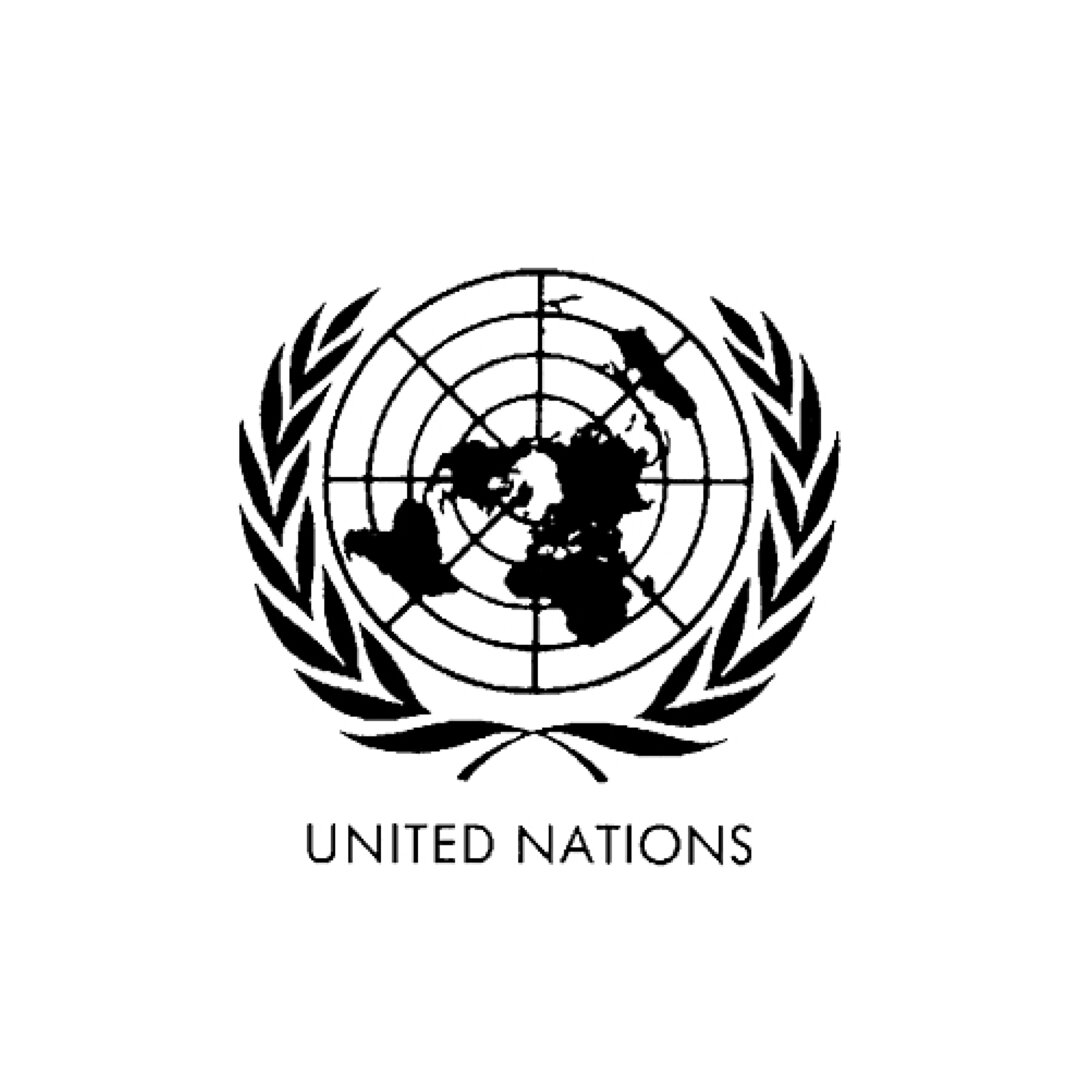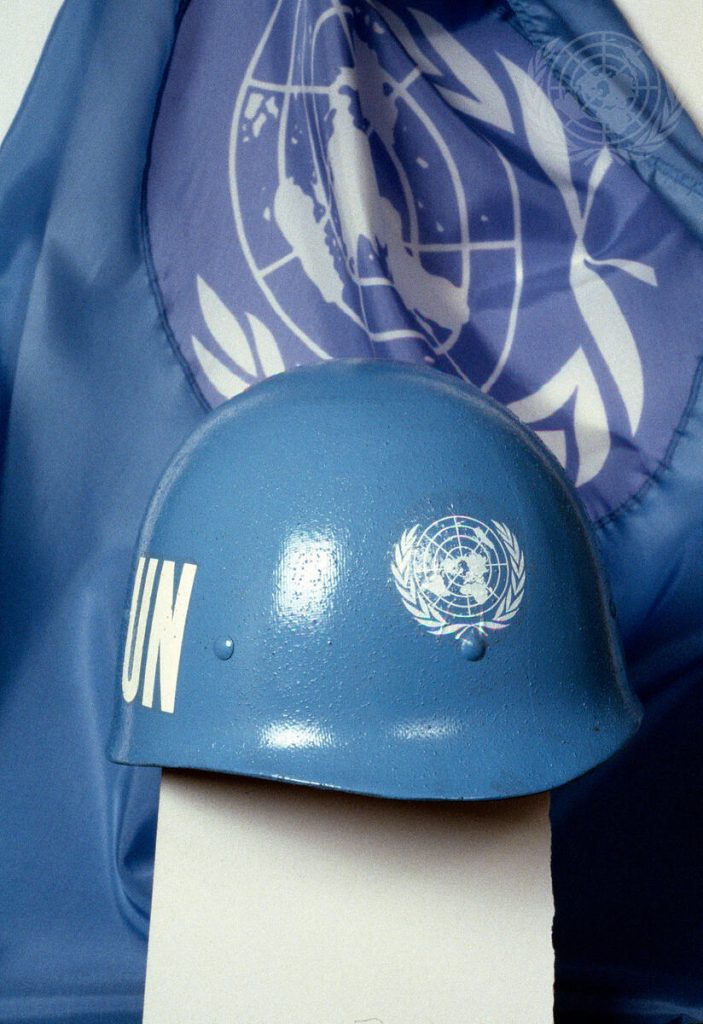United Nations Peacekeeping Forces
Speed read
The United Nations Peacekeeping Forces were awarded the Nobel Peace Prize for preventing armed clashes and creating conditions for negotiations.

Full name: United Nations Peacekeeping Forces
Native name: United Nations Peacekeeping Forces
Founded: 1948, New York, NY, USA
Date awarded: 29 September 1988
The Blue Helmets
Toward the end of the Cold War, the Norwegian Nobel Committee showed its support for expanded UN influence on the international political arena by awarding the Nobel Peace Prize to military personnel who had served as observers and UN soldiers. From 1948 to 1988, over 500,000 people from 53 nations participated in UN peacekeeping operations. Of these, 733 people lost their lives. The UN forces were under the command of the UN secretary-general, and were placed voluntarily at the UN’s disposal by member countries. Except for troops in the Congo, the troops were only armed with light weapons for self-defence. They reported on the situation in crisis areas, established buffer zones, maintained contact between warring parties, monitored cease-fire agreements, safeguarded the public order and provided humanitarian assistance.

"In the selection of this year's Peace Prize laureate the Nobel Committee attached …importance to the role of young people in the United Nations Peacekeeping Forces. It is precisely the contribution of the young which makes the realization of the United Nations' aims possible in a positive way."
Egil Aarvik, Presentation Speech, 10 December 1988.
UN forces between Israel and Egypt
Lester Pearson, Secretary of State for External Affairs for Canada, and Dag Hammarskjöld, the second UN Secretary-General, were both honoured with the Nobel Peace Prize for organising the UN’s first peacekeeping force in 1956. Comprised of roughly 6,000 men, the force monitored the withdrawal of British, French and Israeli troops from Egyptian territory after the Suez Crisis. Until 1967, the troops were stationed in Gaza and on the Egyptian side of the border near the Bay of Aqaba. They were evacuated at the request of Egypt when the Yom Kippur War erupted in 1973.
"The organization’s shortcomings have been numerous – its failure to stop the genocide in Rwanda, and its inability to stop brutal ethnic cleansing in Bosnia, to name but a few. But against these are the success stories, like the recent efforts to nurture democracy in East Timor."
Greg Barrow, BBC News, 12 October 2001.
Peacekeeping forces after 1988
In the 1990s, the UN sent peacekeeping forces to several new areas of conflict. The largest operations were conducted in Cambodia, Somalia and the former Yugoslavia. The situation in Somalia degenerated into a fiasco when UN forces were drawn into fighting between rival clans. In Bosnia-Hercegovina, UN troops were criticised for failing to prevent the slaughter of thousands of Muslims in the city of Srebrenica in 1995. But the UN peacekeeping operation in East Timor at the start of the 21st century was a success. The forces monitored the withdrawal of Indonesian soldiers and ensured free elections and a peaceful reconstruction of the country.
Learn more
Read the history of the United Nations Peacekeeping Forces.
Disclaimer: Every effort has been made by the publisher to credit organisations and individuals with regard to the supply of photographs. Please notify the publishers regarding corrections.
Nobel Prizes and laureates
Six prizes were awarded for achievements that have conferred the greatest benefit to humankind. The 12 laureates' work and discoveries range from proteins' structures and machine learning to fighting for a world free of nuclear weapons.
See them all presented here.
